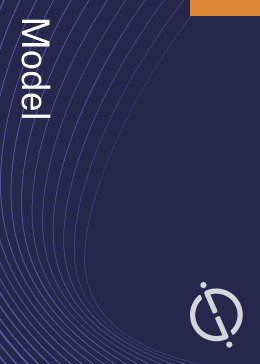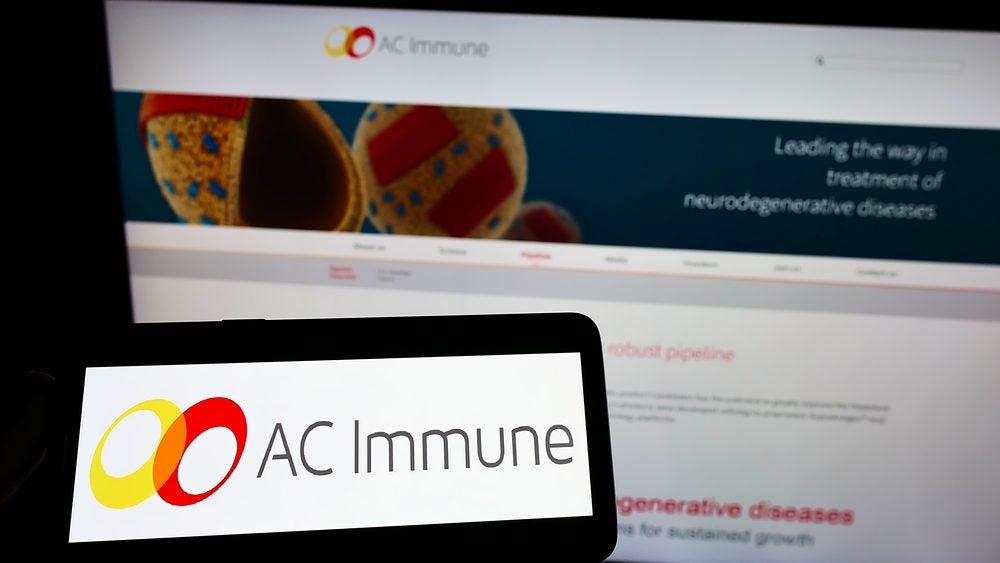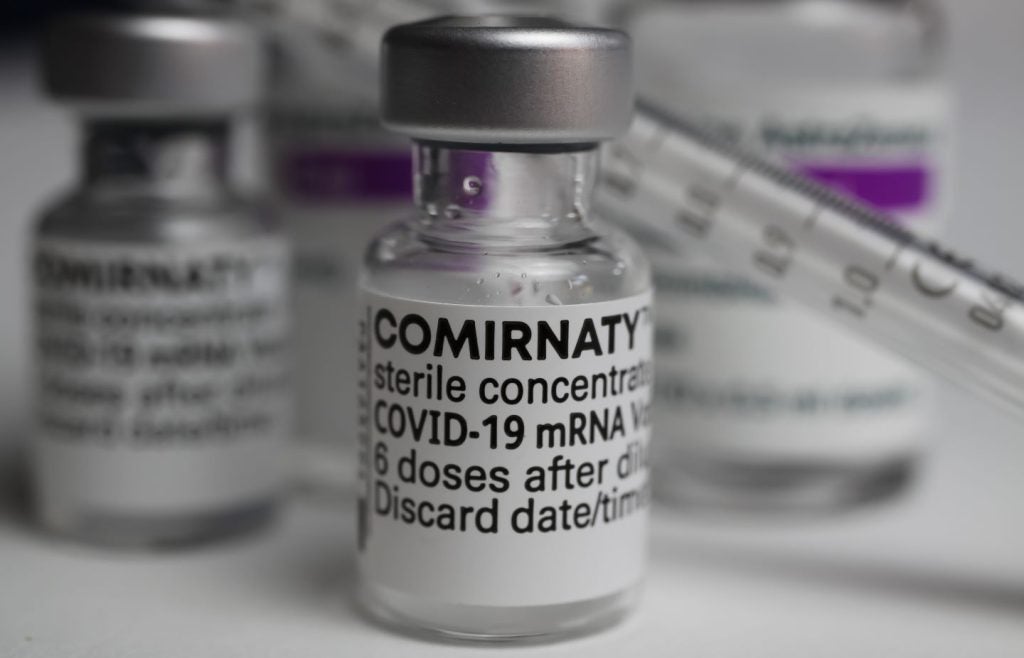Tiragolumab is a monoclonal antibody commercialized by F. Hoffmann-La Roche, with a leading Phase III program in Esophageal Squamous Cell Carcinoma (ESCC). According to Globaldata, it is involved in 52 clinical trials, of which 8 were completed, 36 are ongoing, 4 are planned, and 4 were terminated. GlobalData uses proprietary data and analytics to provide a complete picture of Tiragolumab’s valuation in its risk-adjusted NPV model (rNPV). Buy the model here.
The revenue for Tiragolumab is expected to reach an annual total of $401 mn by 2036 in the US based off GlobalData’s Expiry Model. The drug’s revenue forecasts along with estimated costs are used to measure the value of an investment opportunity in that drug, otherwise known as net present value (NPV). Applying the drug’s phase transition success rate to remaining R&D costs and likelihood of approval (LoA) to sales related costs provides a risk-adjusted NPV model (rNPV). The rNPV model is a more conservative valuation measure that accounts for the risk of a drug in clinical development failing to progress.
Tiragolumab Overview
Tiragolumab (RG-6058, MTIG-7192A, anti-TIGIT) is under development for the treatment of advanced or metastatic hepatocellular carcinoma (HCC), bladder cancer, advanced rectal cancer, advanced or metastatic solid tumors, head and neck squamous cell carcinoma (SCCHN) involving the oropharynx, oral cavity, larynx, or hypopharyngeal cancers, metastatic esophageal squamous cell carcinoma, gastroesophageal junction carcinomas, triple negative breast cancer, B-Cell Non-Hodgkin Lymphoma, locally advanced, recurrent, or metastatic incurable tumors, adenocarcinoma of the cervix, small-cell lung cancer, brain metastases, non-squamous NSCLC, HER2 negative breast cancer and non-small cell lung cancer. The drug candidate is administered as an intravenous (IV) infusion. It acts by targeting TIGIT protein.
It was also under development for the treatment of relapsed/refractory multiple myeloma, cervical cancer, gastric cancer or adenocarcinoma of gastroesophageal junction, relapsed/refractory B-cell non-Hodgkin lymphoma
F. Hoffmann-La Roche Overview
F. Hoffmann-La Roche (Roche) is a biotechnology company that develops drugs and diagnostics to treat major diseases. It provides medicines for the treatment of cancer, other auto-immune diseases, central nervous system disorders, ophthalmological disorders, infectious diseases, and respiratory diseases. The company also offers in vitro diagnostics, tissue-based cancer diagnostics, and diabetes management solutions. Roche conducts research to identify novel methods to prevent, diagnose, and treat diseases. The company offers its products and services to hospitals, healthcare professionals, commercial laboratories, researchers, and pharmacists. Roche is headquartered in Basel, Switzerland.
The company reported revenues of (Swiss Francs) CHF58,716 million for the fiscal year ended December 2023 (FY2023), a decrease of 7.2% over FY2022. In FY2023, the company’s operating margin was 25.8%, compared to an operating margin of 27.5% in FY2022. In FY2023, the company recorded a net margin of 19.6%, compared to a net margin of 19.6% in FY2022.
For a complete picture of Tiragolumab’s valuation, buy the drug’s risk-adjusted NPV model (rNPV) here.
Data Insights
From

The gold standard of business intelligence.
Blending expert knowledge with cutting-edge technology, GlobalData’s unrivalled proprietary data will enable you to decode what’s happening in your market. You can make better informed decisions and gain a future-proof advantage over your competitors.







